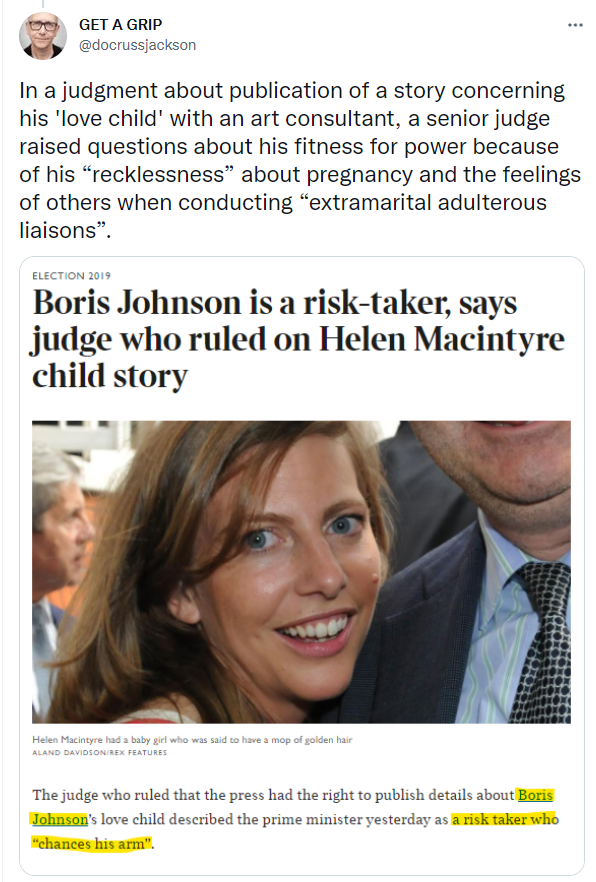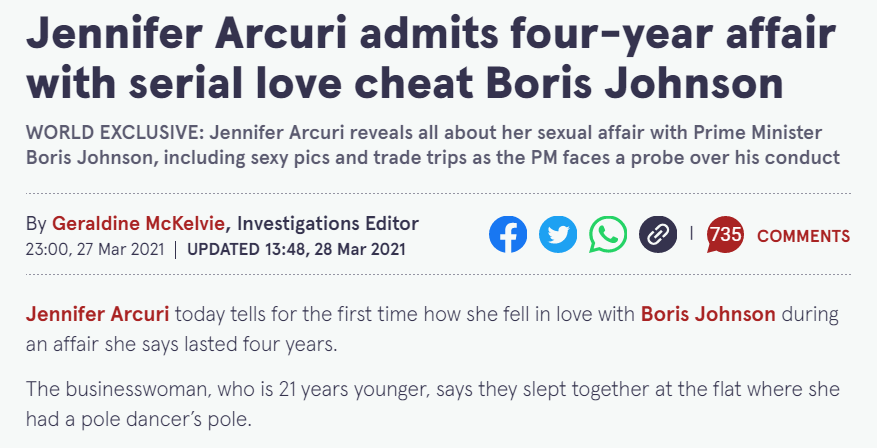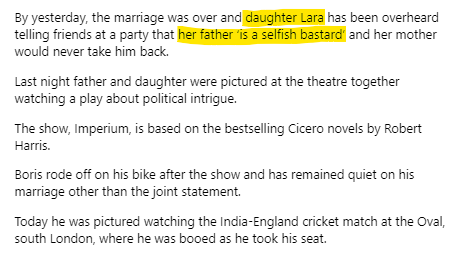
We were told markets were the solution to our problems. This was clearly a false promise.
Don't be put off by the use of the word 'woke': please listen to @ProfCarlRhodes discuss his book 'Woke Capitalism: How Corporate Morality is Sabotaging Democracy'.
soundcloud.com/bristol-univer…
Don't be put off by the use of the word 'woke': please listen to @ProfCarlRhodes discuss his book 'Woke Capitalism: How Corporate Morality is Sabotaging Democracy'.
soundcloud.com/bristol-univer…

Markets have NOT solved the problems of eg inequality, populism, transparency, racism or climate change: we urgently need a new form of leadership - one that galvanises people around a renewed democratic vision, where self-interest & profit are no longer the primary objectives.
Sympathetic book review of 'Woke Capitalism' - from the Financial Times!
"It is time to be aware of its [woke capitalism's] characteristics & political effects. It is also time to intervene to put the world on a path towards equality & justice for all."
"It is time to be aware of its [woke capitalism's] characteristics & political effects. It is also time to intervene to put the world on a path towards equality & justice for all."

"From climate crisis to anti-racism, corporations are taking a stand. But if it’s only done because it’s good for business, the fires will keep on burning."
#Podcast: 'Why progressive gestures from big business aren’t just useless, they’re dangerous'.
theguardian.com/environment/au…
#Podcast: 'Why progressive gestures from big business aren’t just useless, they’re dangerous'.
theguardian.com/environment/au…
• • •
Missing some Tweet in this thread? You can try to
force a refresh













